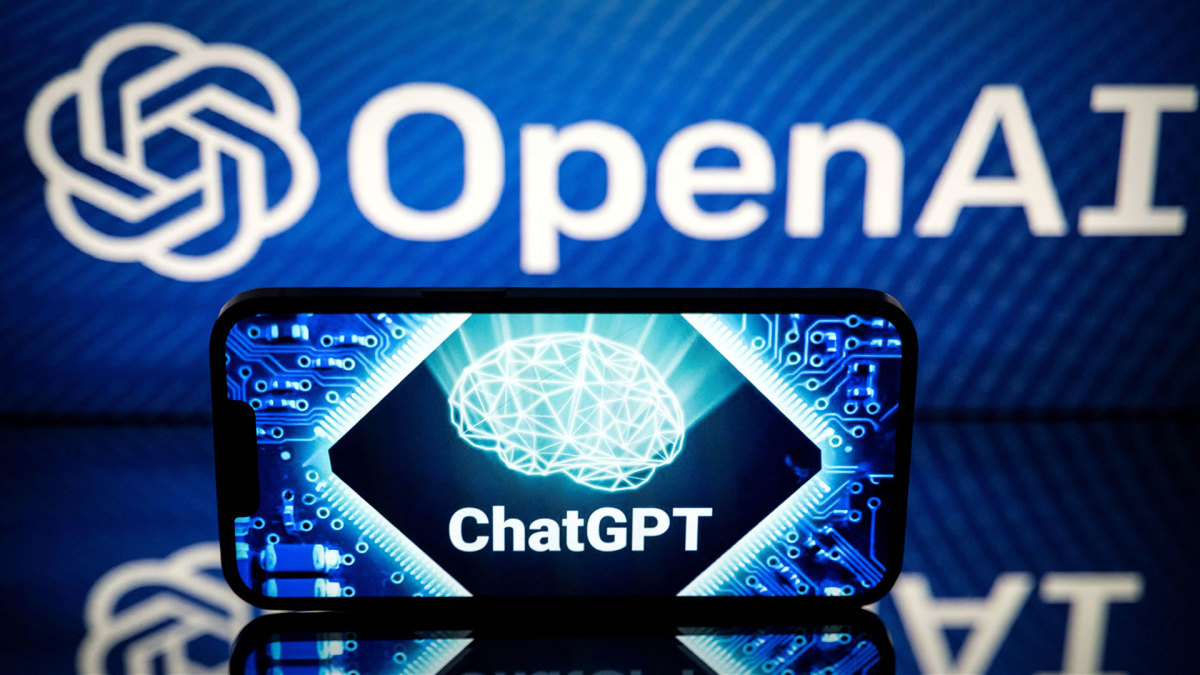
Machine learning has been around for decades. But when ChatGPT launched in November last year, the online chatbot importantly bundled technology that has long been intangible and made it easy for people to interact with.
The result has been an artificial intelligence arms race as some firms look to create similar tech, while other companies look to leverage it as a tool, all while debates among regulators and researchers concerning the safety and ethics of AI continue to swirl.
Related: ChatGPT makers on track to earn a startling amount of money next year
ChatGPT's initial popularity seemed exponential, jumping from zero users in November (it launched toward the end of the month) to 266 million in December, eventually peaking at 1.8 billion visits in May, according to data from Similarweb.
But from that peak, the app's traffic began to fall off. In the U.S., traffic to ChatGPT dipped 10% in May, 15% in June and another 4% in July. But in August, though global traffic remained down 3%, traffic began to tick up slightly in the U.S.
More ChatGPT:
- Apple Wants to Crash ChatGPT's Party -- Here's Why It Might Succeed
- Big New Updates Are Coming To ChatGPT, Even As Regulation Starts To Shape Up
- Meet Sam Altman, the man behind OpenAI's revolutionary ChatGPT
"One theory about why ChatGPT’s web traffic dropped over the summer is that school was out, which would help explain why the traffic trend stabilized in August as schoolchildren in the US were back in class in greater numbers toward the end of the month," Similarweb said.
Even with the dip, ChatGPT remains one of the most-visited websites in the world; Similarweb, based on monthly visits, currently has openai.com ranked as the 23rd most popular website in the world, just behind Netflix (NFLX) -) and well-above Bing, Microsoft's (MSFT) -) search engine.
Since its launch, OpenAI has been hit with multiple lawsuits stemming from concerns over data scraping without the knowledge, consent or compensation of the millions of impacted people.
One class action suit alleged that OpenAI engaged in a strategy to "secretly harvest massive amounts of personal data from the internet ... essentially every piece of data exchanged on the internet it could take," then "unjustly earned profits based on unauthorized harvesting" of that data.
If you work for OpenAI, contact Ian by email ian.krietzberg@thearenagroup.net or Signal 732-804-1223
One Stock We Believe Will Win in The AI Race (It's not Nvidia!)







